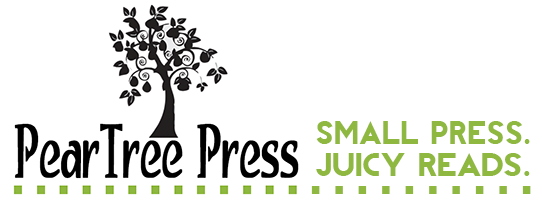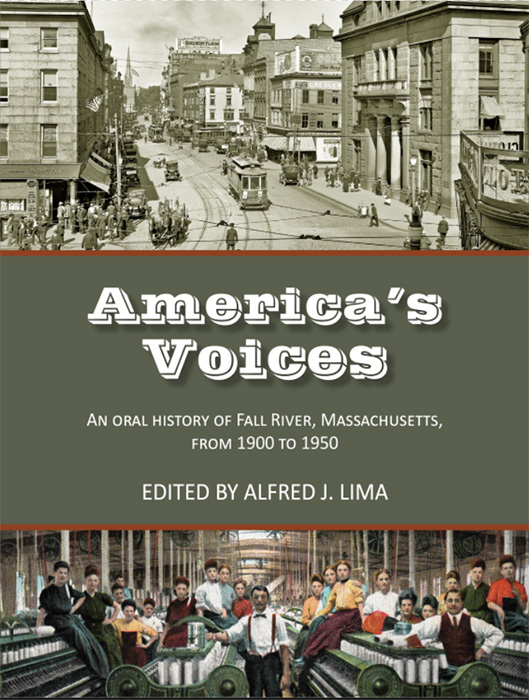List Price: $22.00 | ebook: $12.99 (Amazon.com)
7.44″ x 9.69″ (18.898 x 24.613 cm)
Black & White on White paper
560 pages
PearTree Press
ISBN-13: 978-0990816102
ISBN-10: 0990816109
BISAC: History / United States / State & Local / New England
Ordering information: You may order a copy through Amazon.com at this link.
Introduction
These are the voices of the residents of Fall River, Massachusetts, but they are also America’s voices. Small towns, mill towns, and cities across America would yield similar stories from this period in our history.
I began this oral history project in 2004. At that time, I wanted to gather as many memories of growing up in Fall River as I could from city residents in order to record their experiences and get a picture of the city from those who lived here through the first half of the twentieth century.
One way to write about history is by doing research using newspapers, published histories, and unpublished works. Another way is to ask people about their lives, memories, family experiences, and opinions. I believe that sharing real life stories makes history come alive much more vividly for readers.
Standardized techniques were used in conducting these oral histories—asking open-ended questions, avoiding leading questions that may encourage people to say what they think the interviewer wants to hear, and reviewing the completed interview with the subject to allow for editing and clarification.
Oral histories are used by historians, sociologists, journalists, linguists, folklorists, and anthropologists to uncover truths and compile narratives about events, places, and people. Histories of the city of Fall River are plentiful—oral histories are not. It is my hope that this work will add to the rich story that is Fall River and serve as a document that preserves observed events and memories for future generations.
There are many reasons why it is beneficial to conduct oral histories: they help to preserve the past; they connect us with our roots; they are a source of pride; they help us to connect with older members of our family; they help us to see older persons in a new light; they preserve family histories for future generations; and they are great stories!
Speaking of which, the stories you are about to read are the memories of those individuals and are not presented as the only truth of any occurrence or experience. I am sure as you read through these personal accounts of what it was like to grow up in Fall River you will be reminded of your own family’s stories of these places and events. Perhaps your memories will be quite different or you will find a “mistake” or two along the way. That is how our own memories work—errors of exactitude are normal. But I have endeavored not only to correctly transcribe these interviews, but to confirm, as well as I could the details of these oral histories.
I hope you enjoy reading them as much as I did hearing them when I met with the folks presented within these pages.
It has been a long time in the making, and many individuals interviewed have since passed way. For those who lived the lives described in these pages, I give my heartfelt thanks for opening up your lives to the readers of these pages and for sharing your family’s history of growing up in Fall River.


